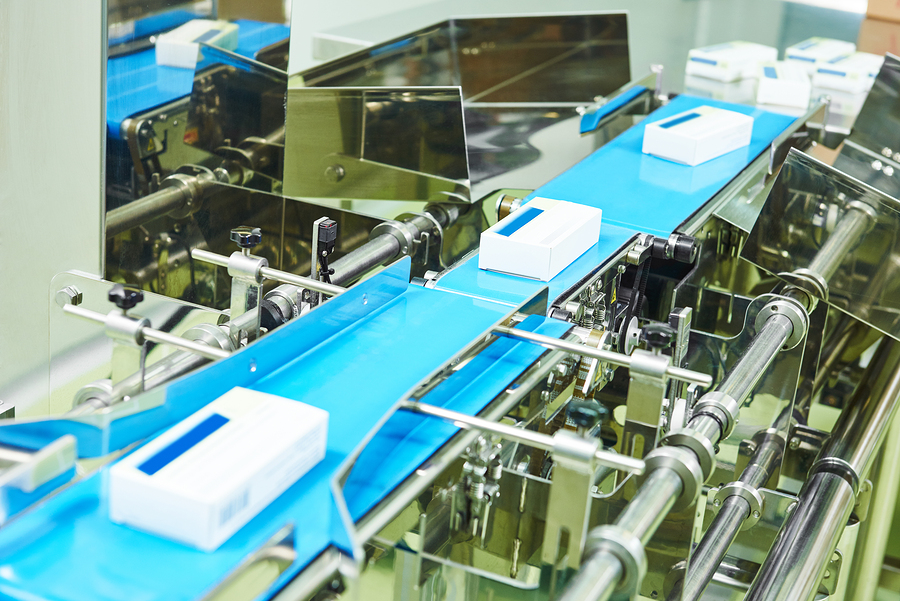How Modern Technology Is Streamlining the Manufacturing Industry

Members of society today expect to have every demand met with understanding and speed. For this reason, manufacturers are moving toward modern technology to improve their processes. Technologies such as data collection, predictive analytics, and diagnostics help reduce waste and improve product quality.
Modern technology helps reduce waste
Waste is a major concern for manufacturers. It usually occurs in two ways, either through labor costs or material waste. Modern technology is helping manufacturing industry professionals reduce these types of waste in a few ways.
For instance, production downtime generates hours of labor costs with nothing to show for it. Faulty equipment and malfunctions are typically to blame. To reduce this kind of waste, manufacturers are turning to technology. Correctly placed sensors can pull data and produce both predictive and diagnostic reports.
Predictive analytics can determine if a motor will need replacing soon, allowing manufacturers plenty of time for purchasing, shipping, receiving, and installation. This way, they can reduce downtime and keep the flow on the production floor moving steadily.
Additionally, diagnostic information reduces downtime. It is similar to the way your mechanic determines why your car is making that funny sound. Attached sensors send reports to technicians, allowing them to pinpoint where issues are occurring. In electronic machines, they can detect problems as simple as wires coming loose.
Material waste is another significant concern for manufacturers. Again, data collection comes to the rescue. Analysts in various industries spend countless hours poring over reports to understand consumer demand complexities. This is especially true of analysts in the manufacturing industry. Data collection and analysis helps them predict changing consumer demands. They can simply read reports and see where demand is slowing for one product and increasing for another.

Modern technology improves production quality
Digital manufacturing is just another way modern technology is improving production. It includes methods such as 3D printing. It can also mean the use of lasers to perform a variety of tasks like curing resin and cutting materials with pinpoint accuracy. With traditional manufacturing, it takes time to draw up plans, check them by hand, create molds, and cut through materials. Digital manufacturing does away with most of the tedious and time-consuming work.
While the data they collect helps analysts make decisions, digital manufacturing allows them to implement those decisions. Meeting consumer demands is complicated. Thankfully, digital manufacturing works hand in hand with big data, making it possible for analysts to keep their companies on top of these complex and shifting demands. As consumers request products, digital machines switch from one design to another with ease.
The combination of machine learning and big data also means increased production accuracy. As smart machines communicate with local computers, they share information that helps workers know where flaws might exist in designs. Expert technicians can immediately make corrections to computer code without waiting for costly and time-consuming machine replacements. This marriage of software and physical manufacturing allows for more accurate in-house customization and helps ensure higher-quality production.
The manufacturing industry is already benefitting greatly from modern technology advancements. Even though customer demand is complex and constantly changing, digital machines with the ability to gather and analyze data are up to the task.
No matter how complex machines become, you can always count on the professionals at Global Electronic Services. If you’re looking for industrial electronic repair, contact us today. Like and follow us on Facebook for more information on how technology is changing the manufacturing landscape.